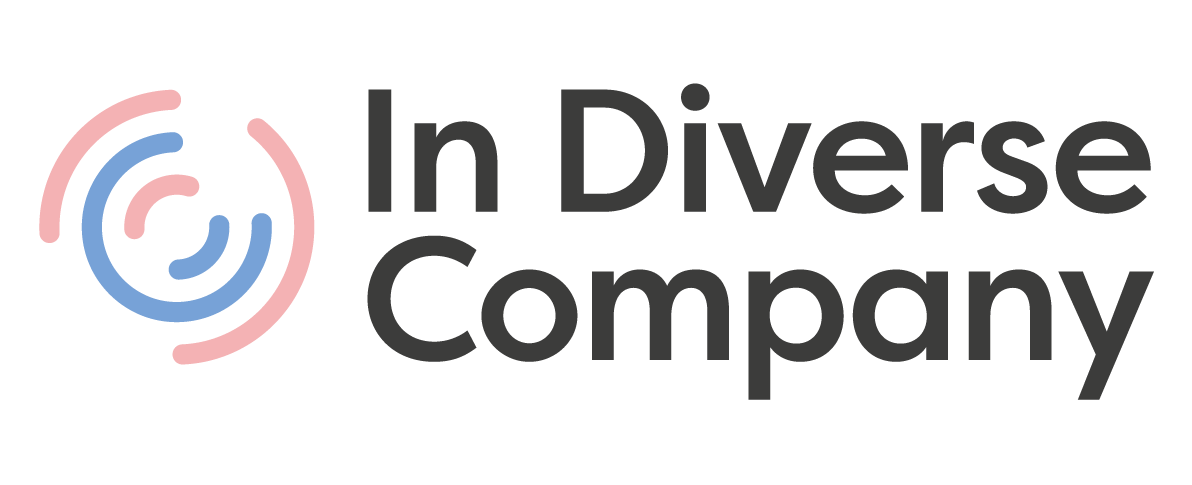IDC has been working with the Department for Education (DfE) over the last 6 months on a project that has seen us running introductory coaching sessions in schools. Through these sessions, our team have developed relationships with teaching staff, providing us with insights on how schools are incorporating inclusion into their lessons.
As we all know, the role of a teacher is full, multifaceted and fast-paced. Those that we have met through our DfE project have all been committed to their jobs, their schools and most importantly their children. They are proud to be teachers because of the opportunities this gives them to make a difference.
In recent years, inclusive thinking in schools has progressed dramatically. Once thought of as purely an access issue; providing additional support to those with Special Educational Needs or making sure children with physical disabilities could access the classroom, today we see inclusion being implemented in a more holistic way. For example, from the ways in which lessons are planned to differentiate according to levels and particular needs, to providing Teaching Assistant support for those for whom English is not a first language, through to curriculums that offer a greater range in terms of religious and cultural education and PHSE (personal, social, health and economic) topics. This provides an opportunity for children’s curiosity to flourish. It deepens their understanding and appreciation of people who are different from them, as well as celebrating how they are different from others. This is captured well in this quote by Open Society Foundation, May 2019:
“In a truly inclusive setting, every child feels safe and has a sense of belonging.” Full article here.
We have had in-depth conversations with teachers and asked them ‘what is your fundamental purpose, and the legacy that you want to leave, as a teacher?’
There is an overriding consensus that the role of a teacher is to shape and positively influence future generations. For those at the front line working with children, there is a common belief that their role is to ensure that children are ready for the ‘outside world’. When asked the question “what is your fundamental purpose and the legacy that you want to leave” – answers included “that every child feels included, heard and part of something bigger“, “to make every child feel safe and confident to be themselves and stretch themselves” and “to leave school as well rounded individuals, who are comfortable to be themselves and have healthy relations with others”. It’s concern for the welfare and wider development of children, a point well captured in the article ’12 priorities for the modern public-school teacher’ (TeachThought, 2019) where the number 1 concern of teachers was identified as the welfare of their students:
“More than anything else, the modern teacher is concerned for their students – their mindset, well-being, and readiness for their future.” Full article here.
So, what can teachers do to get inclusion on the agenda at their schools – both formally on the curriculum as well as in school values and culture? Perhaps the answer lies in the question.
Increasingly schools are adopting a values led approach. Alongside school policies and procedures, there is an increasing focus on the core values in schools. Almost all school websites, prospectuses, assemblies and signage will have some mention of inclusion and/or the values that contribute to this – such as kindness, equality, support, teamwork, fairness, respect etc.
But responsibilities of developing these values in children is broader than one held just by teachers. Teachers can encourage questions, conversations, activities and choose stories that build understanding. But it is also the role of the wider education system, of parents and the community that have an influence on children, that needs to reinforce and role model this. A child’s understanding and psychology is built through their whole life experience – their friends, family, schooling, media they are exposed to, behaviours they observe at home and in everyday circumstances – that set the tone for individual values, beliefs, biases and sense of right and wrong. Therefore, we all need to consider the influence we have on children, both overtly or subliminally, in what we say, our behaviour and our interaction with others.
“The standard you walk by is the standard you accept.” – David Hurley (2016)
One thing we all want to avoid is teachers’ workloads becoming even more cumbersome. So, it’s great to see and hear how so many aspects related to inclusion are in the forefront of teachers’ minds and intent.
By raising awareness and attitudes that support inclusion from an early age, this will have a positive impact on other schooling challenges such as bullying, exclusion and poor behaviour. If we can get it right with those from four years old and upward, this shows great promise for the future workforce.




